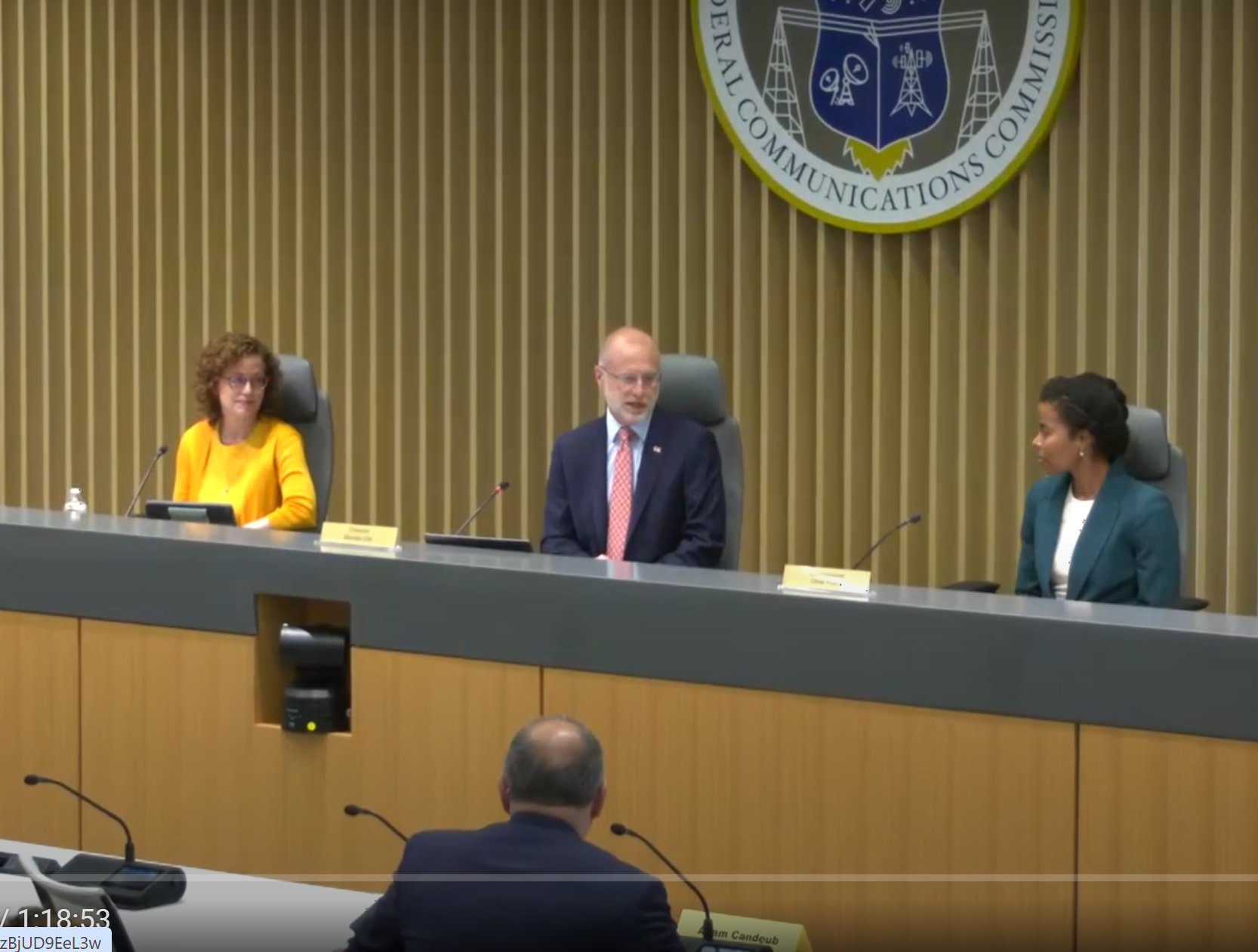Public Knowledge Fights MPAA Selectable-Output Plan
The professional video industry's #1 source for news, trends and product and tech information. Sign up below.
You are now subscribed
Your newsletter sign-up was successful
The Motion Picture Association of America has a business plan—vague, so far—to deliver high-definition movies to home before general release. Citing a fear of piracy, MPAA asked, and was granted, expedited review of its request for a waiver to the FCC ban on selectable output controls. MPAA said without selectable output controls, or SOCs, piracy would be too easy and content holders would be wary of releasing their movies in such a way.
But some consumer electronics and other groups say the MPAA plan is just a move to regain control of home consumer devices and restrict viewer’s rights as established nearly a quarter-century ago in the Betamax case.
June 17, Washington nonprofit group Public Knowledge met with the FCC to oppose the MPAA waiver.
“PK expressed concern that although the MPAA has premised the petition on the need for secure digital outputs to prevent unlawful copying and distribution, this is less of an intellectual property issue than a device control issue,” Public Knowledge wrote in a filing about the meeting. “PK also believes that the MPAA’s petition is vague both as to the nature of the proposed business model and the types of devices that will be subject to selectable output control if the waiver is granted.”
The National Association of Theater Owners also asked the FCC to slow the process, saying more time was necessary to learn about the supposed “new” business model, which NATO said the MPAA and its members have been discussing for years.
NATO asked for an extension of time for filing comments. The FCC agreed on that point, extending the initial comment deadline on the MPAA petition from June 25 to July 21.
The professional video industry's #1 source for news, trends and product and tech information. Sign up below.
